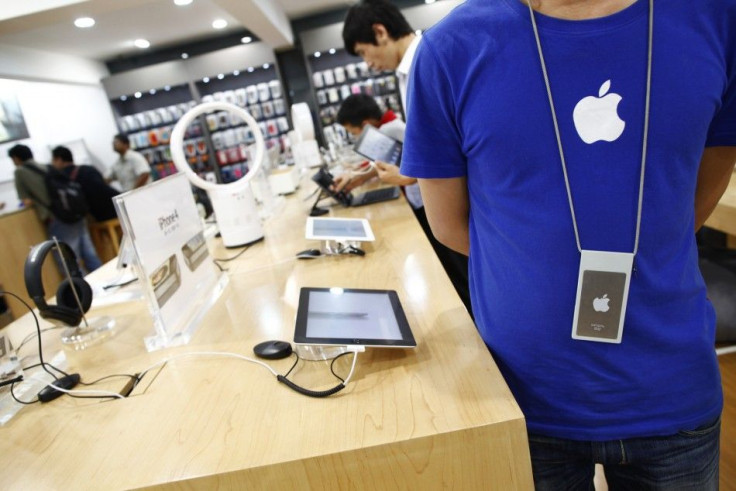Fake Apple Store Count in China Reaches 22, One 'Smartens' Up

The store looked every bit like Apple Stores found all over the world, according to a high-profile blogger, who goes by the name "BirdAbroad." Yet, Apple has no stores in Kunming, China and only 13 authorized resellers in the city, who are not allowed to call themselves Apple Stores or claim to work for Apple.
The stores had sections devoted to different Apple products, similar to real Apple stores, and large posters advertising the iPhone 4 and iPhone 5, which is expected to be released on September 7, and the MacBook Pro, according to photos on the blog.
"This was a total Apple store rip-off. A beautiful rip-off - a brilliant one - the best rip-off store we had ever seen," the anonymous blogger wrote in July. "Being the curious types that we are, we struck up some conversation with these salespeople who, hand to God, all genuinely think they work for Apple," the blogger added.
As the blog posts gained international attention, the Chinese authorities got involved.
Reuters reported days later that 22 more unauthorized Apple retailers have been identified by Chinese authorities in Kunming, a city in the country's southwest region.
Following those reports, the Associated Press reported that Chinese authorities found five fake Apple stores in Kunming and shut down two of them.
CNET reported last Friday, that a trademark infringement lawsuit Apple filed in the U.S. two weeks ago would suggest the company's been busy behind the scenes on a similar effort nationally.
A suit, filed in New York, takes aim at three companies and some 52 other individuals. One of those is Apple Story Inc., believed to be the match of a similarly named Apple retail look-alike in Flushing, N.Y., according to CNET.
Although, the first fake, look-a-like Apple store in Kunming, China, has renamed itself following a crackdown by local officials.
The new logo reads "Smart Store" instead of "Apple Store," the name that's been on the very top of the building since early last month.
Despite the exterior changes, photos hint that the inside of the store, with its familiar wooden tables and Apple-like signage, remains unchanged.
As a result, those retailers have been forced to discontinue the use of any Apple branding in their stores, mimicking a similar effort that began earlier this week in Beijing.
Local officials later added 22 more unauthorized Apple retailers to that list, followed by a forced removal Apple branding and any references of being an authorized reseller.
© Copyright IBTimes 2025. All rights reserved.





















